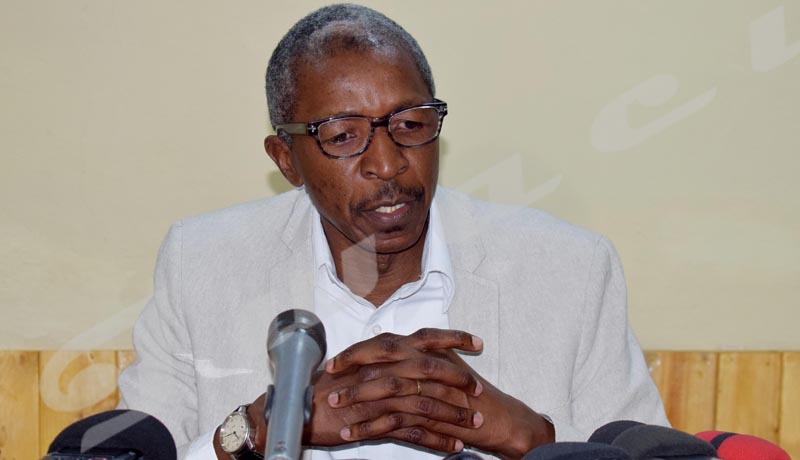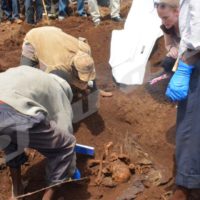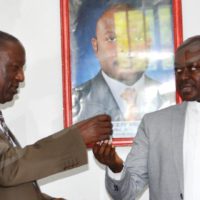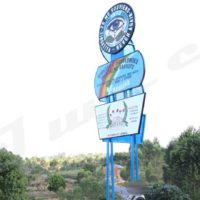In a study conducted by the American Services Committee in partnership with the Truth and Reconciliation Commission-CVR, victims of the tragic past testify that the latter affects their daily lives.

Aloys Batungwanayo: “The past affects people in different ways”
Aloys Batungwanayo, a consultant who carried out the study, has said the past affects people in different ways.
“There are some who have suffered the crisis and adopted a non-violent strategy. This category of people teaches young people how they should avoid making the same mistake. There is another category of people who have failed to forgive those who wronged them.This group reflects a vindictive spirit,” he says.
Mr Batungwanayo says other victims pretend to have forgotten but have not really forgiven the perpetrators. “Victims’ irritation is reflected in a given circumstance, for example when someone wants to marry a member of the family of the alleged perpetrators,” he says.
He also says some people testify that they are forced to remember what happened as they live together with the alleged criminals. “When I go to the market and find that the seller is among the people who killed my husband, I feel the pain and cannot buy their products”, this is, among others, a testimony of one of the victims questioned during the survey.
Bishop Jean Louis Nahimana, Chairman of the Truth and Reconciliation Commission-CVR, says this study will help the commission establish what people need for the reconciliation process. He says that survey has showed that there is a need to tell the truth. “According to testimonies in the research, not only there is a need for a detailed talk about what happened so as to heal victims’ wounds, but also a thorough analysis by different experts,” he says.
Térence Mushano,the vice president of an association of victims of genocide called AC Genocide Cirimoso, praises the initiative to conduct such a study and recommends other objective studies for further clarifications on what happened in the country . “It would be better if there were a commission made up of foreign experts to collect different testimonies throughout the country,” he says adding that foreigners’ collaboration is needed to avoid subjectivity.
The study was conducted in six provinces and 12 communes of the country and targeted areas most affected by the crises that occurred from 1972 to 2006.


















 IWACU Open Data
IWACU Open Data

